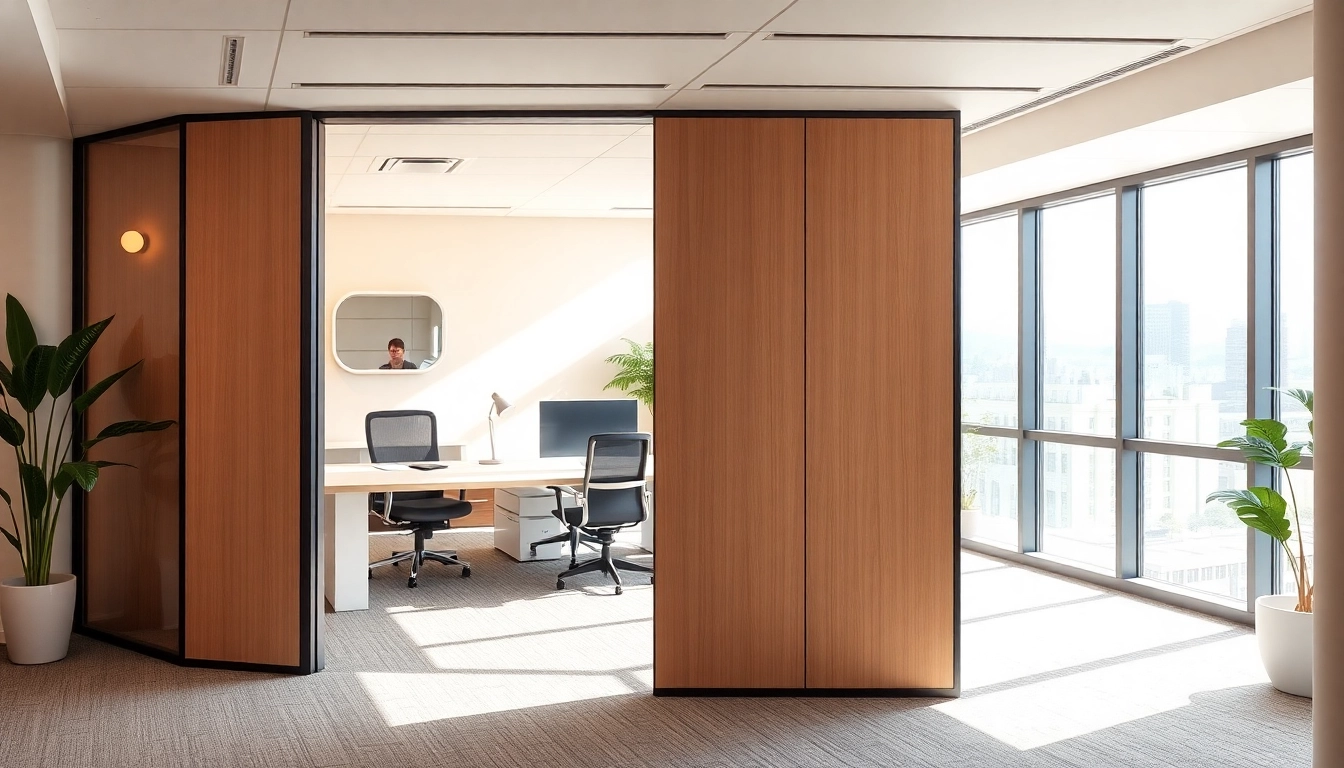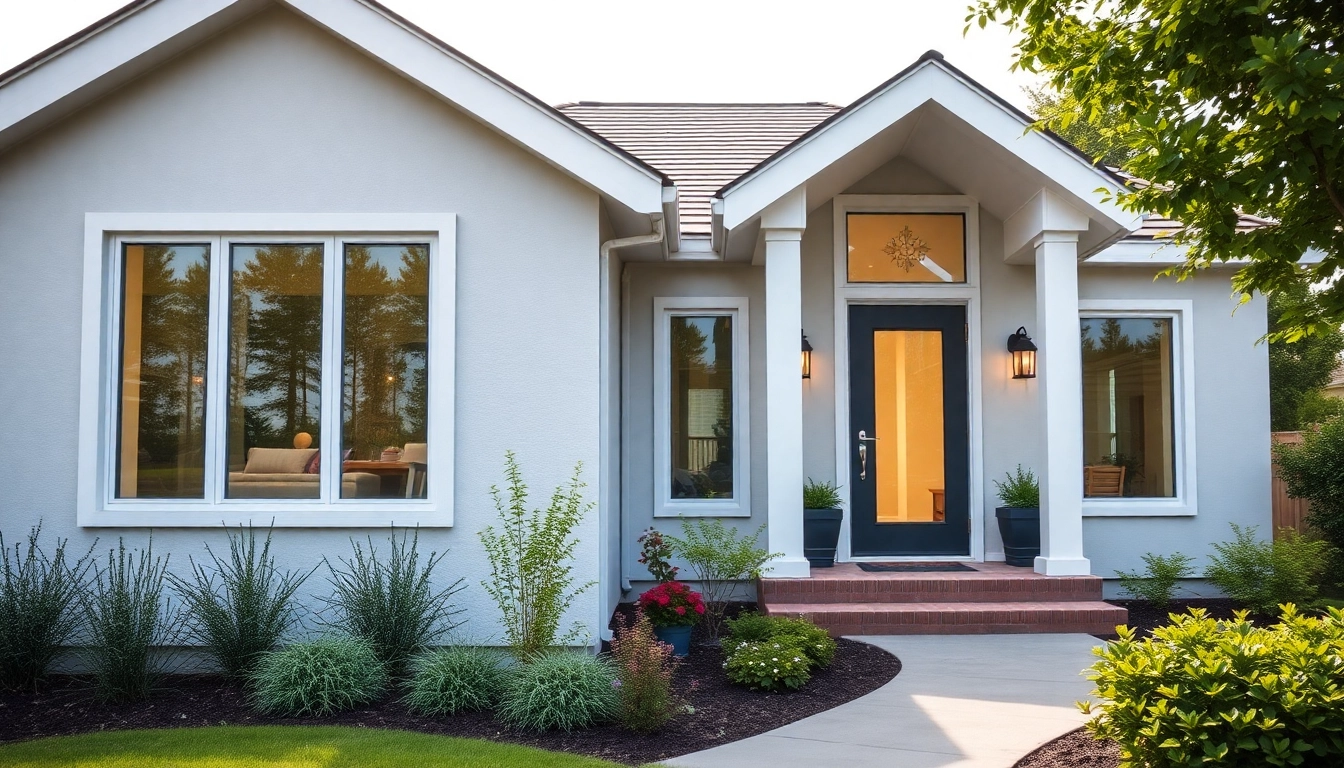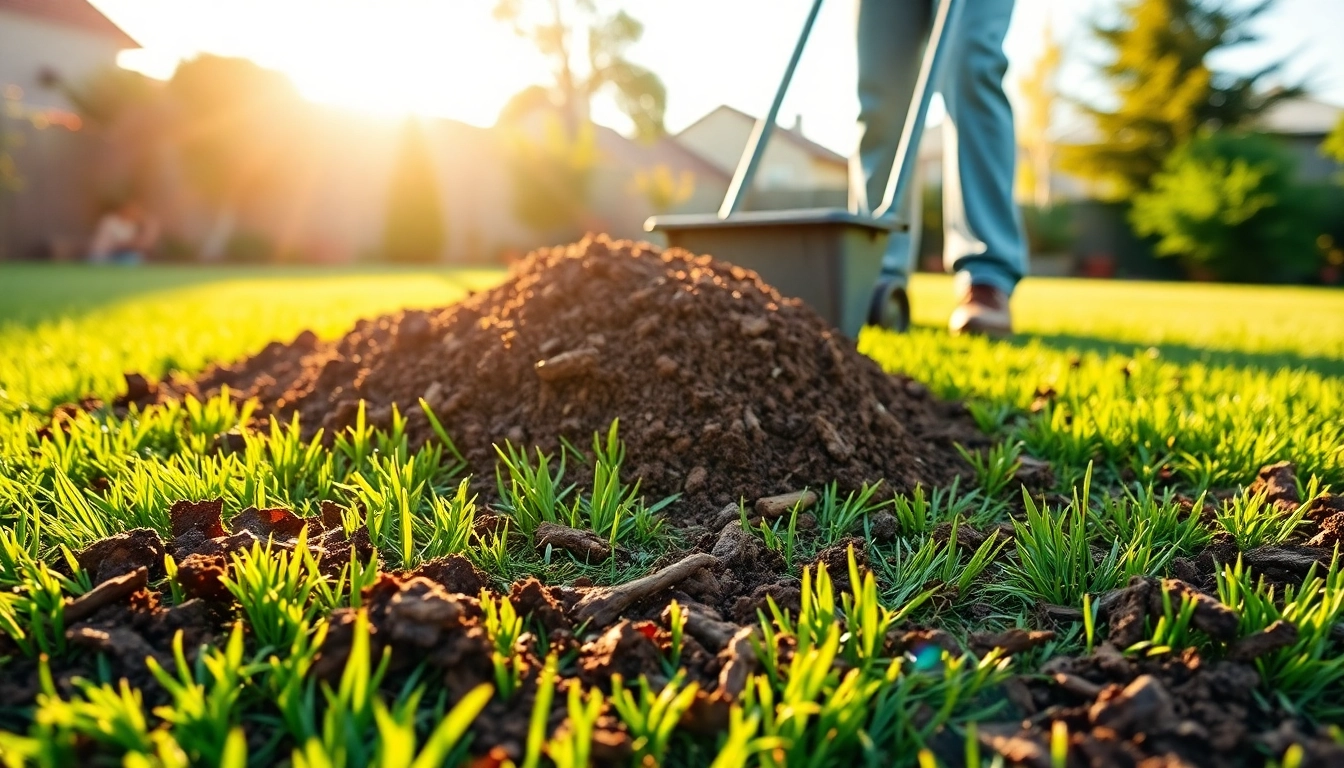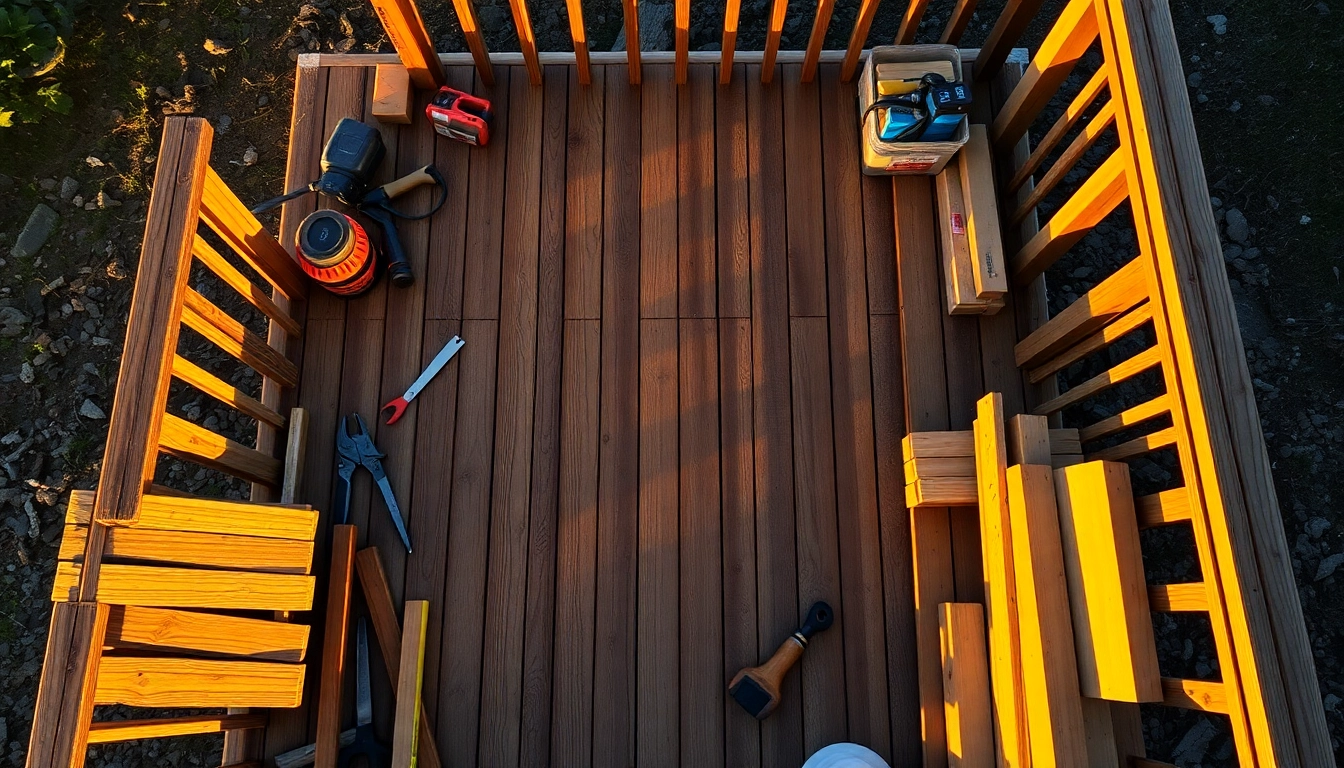Understanding Folding Partition Walls
What is a Folding Partition Wall?
A Folding Partition Wall is a versatile space-saving solution designed to subdivide larger areas into more usable sections. These walls can be easily folded or collapsed to create open spaces or separated into individual rooms, making them ideal for both residential and commercial environments. Constructed from various materials like wood, metal, or fabric, folding partition walls can enhance the functionality of any space while promoting aesthetics.
Benefits of Using Folding Partition Walls
The increasing popularity of folding partition walls can be attributed to their numerous advantages. Here are some critical benefits:
- Space Optimization: These walls allow efficient use of space by eliminating the need for fixed walls. They enable users to customize room sizes based on immediate needs.
- Cost-Effective: Folding partition walls can be less expensive than traditional construction methods. They reduce the need for additional construction, saving both time and resources.
- Quick Installation: Most folding partitions are designed for quick installation without the need for extensive renovation, allowing businesses to adapt spaces rapidly.
- Flexibility: Users can easily reconfigure spaces according to various activities, making them perfect for multipurpose environments such as conference rooms, classrooms, and more.
- Sound Control: Many folding partitions come with soundproofing options that help maintain privacy and minimize noise in shared environments.
Common Applications in Residential and Commercial Settings
Folding partition walls serve a variety of functions across different settings. Here are some common applications:
- Residential Spaces: Homeowners use these walls to create private areas within larger rooms, such as turning a spacious living area into a dedicated office or guest room.
- Commercial Spaces: Businesses utilize folding partitions in open office layouts to create meeting rooms or private workspaces, enhancing productivity and collaboration.
- Educational Institutions: Schools often install folding partitions in gymnasiums and auditoriums to quickly convert spaces for various events.
- Healthcare Facilities: Hospitals and clinics can use partition walls to provide privacy for patients without permanent construction.
Key Features of Folding Partition Walls
Materials and Design Options
The choice of materials and design plays a crucial role in the efficacy and aesthetics of folding partition walls. Different materials offer unique advantages:
- Wood: Offers a classic look and can be customized in various finishes, making it ideal for residential settings or upscale commercial environments.
- Metal: Known for its durability and modern aesthetic, metal partitions are often favored in office spaces.
- Fabric: Lightweight and portable, fabric partitions are excellent for temporary setups or events.
- Glass: For a sophisticated and open feel, glass partitions provide visibility while maintaining separation. They are commonly used in corporate office environments.
Soundproofing and Acoustical Benefits
One of the standout features of many folding partition walls is their soundproofing capabilities. High-quality partitions are designed with materials that effectively absorb sound, reducing noise transmission between spaces. This feature is particularly beneficial in:
- Office settings where confidential discussions take place
- Educational settings to minimize disruptions in classrooms
- Healthcare facilities for maintaining patient privacy and comfort
Customization Features for Unique Environments
Many manufacturers offer customization options, allowing users to tailor folding partitions to fit their specific needs. Customization can include:
- Height and width specifications to suit various space dimensions
- Color and finish choices that match the existing decor
- Additional features such as windows and doors for easy access
Choosing the Right Folding Partition Wall
Factors to Consider Before Purchase
When considering a folding partition wall, potential buyers should evaluate several factors:
- Intent of Use: Determine how often and in what ways you will be utilizing the partitions. Frequent use may require a more durable and easy-to-operate system.
- Space Dimensions: Measure the area where the partition will be installed to ensure a proper fit and functionality.
- Material Requirements: Assess which materials will best meet your aesthetic and functional needs.
- Budget: Consider the overall investment, including potential additional costs for installation and maintenance.
Comparing Brands and Models
With numerous brands and models in the market, it is essential to compare specific offerings. Here are some tips for effective comparison:
- Research customer reviews and testimonials for insights on durability and ease of use.
- Compare warranty offerings, as extended warranties often indicate a manufacturer’s confidence in their product.
- Evaluate the specific features that may differ between models, such as soundproofing capabilities or aesthetic options.
Cost Analysis and Budgeting Tips
Cost is a significant factor when choosing a folding partition wall. Budgeting effectively can help ensure you select a solution that meets your needs without overspending:
- Understand Base Costs: Compare the initial purchasing price across different brands but also consider the long-term value in terms of durability and functionality.
- Consider Long-Term Costs: Factor in potential expenses related to maintenance and repairs over time.
- Explore Financing Options: Some suppliers offer financing plans which can distribute costs over time, making it easier to manage larger investments.
Installation Process of Folding Partition Walls
Professional Installation vs. DIY Approaches
The installation of folding partition walls can be approached in different ways. Choosing between professional installation and a DIY setup largely depends on personal preference and project complexity:
- Professional Installation: Hiring professionals ensures that the installation is performed correctly and safely, often backed by a warranty on work done.
- DIY Installation: For those comfortable with hands-on projects, many folding partition systems are designed for simple installation and come with detailed instructions.
Step-by-Step Guide to Installation
For those opting for a DIY approach, below is a simplified step-by-step installation guide:
- Gather all necessary tools and materials, as specified in the installation manual.
- Measure the installation area carefully and mark the appropriate locations for mounting.
- Install any required tracks or frames according to the manufacturer’s instructions.
- Secure the panels in place, ensuring they operate smoothly before finalizing the installation.
- Test the functionality of your partition wall and make adjustments as needed.
Maintenance Tips for Longevity
To extend the lifespan of folding partition walls, proper maintenance is essential. Here are some key tips:
- Regularly clean surfaces to prevent dirt accumulation that might hinder movement.
- Inspect the hardware components like hinges and wheels to ensure smooth operation, replacing components as necessary.
- Address any signs of wear or damage promptly to prevent further issues.
The Future of Folding Partition Walls
Innovations in Design and Functionality
As technology continues to evolve, so do the designs and functionalities of folding partition walls. Recent innovations include:
- Smart Technology: Integration with smart home systems to automate the folding and unfolding process.
- Sustainable Materials: An emphasis on eco-friendly materials that reduce environmental impact.
- Advanced Acoustics: New materials and designs specifically engineered for enhanced soundproofing capabilities.
Sustainability Considerations
With growing environmental concerns, choosing sustainable options for folding partition walls is becoming increasingly important. This involves:
- Selecting products made from recyclable materials.
- Supporting manufacturers that implement sustainable practices in their production processes.
- Prioritizing energy efficiency in the design, such as using double-glazed glass for soundproofing and insulation.
Market Trends and Consumer Expectations
As consumer preferences shift toward more adaptable, eco-friendly solutions, the demand for folding partition walls will likely continue to grow. Current trends include:
- Increased demand for multi-functional spaces that promote flexibility in residential and commercial settings.
- Growing importance placed on aesthetics, with consumers seeking out stylish designs that blend into their decor.
- Recognition of the value of sound control, leading to more advanced typologies that cater to noise-sensitive environments.



